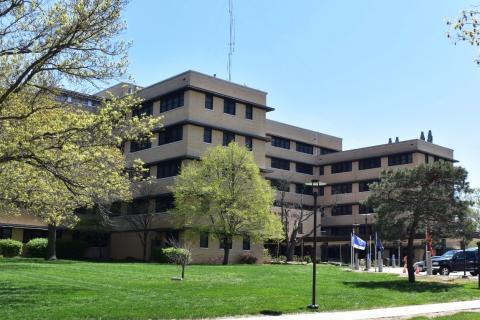VA Eastern Kansas health care
At VA Eastern Kansas Healthcare System, our health care teams are deeply experienced and guided by the needs of Veterans, their families, and caregivers. Find a health facility near you, and manage your health online. Sign up for community events and updates.
Locations



